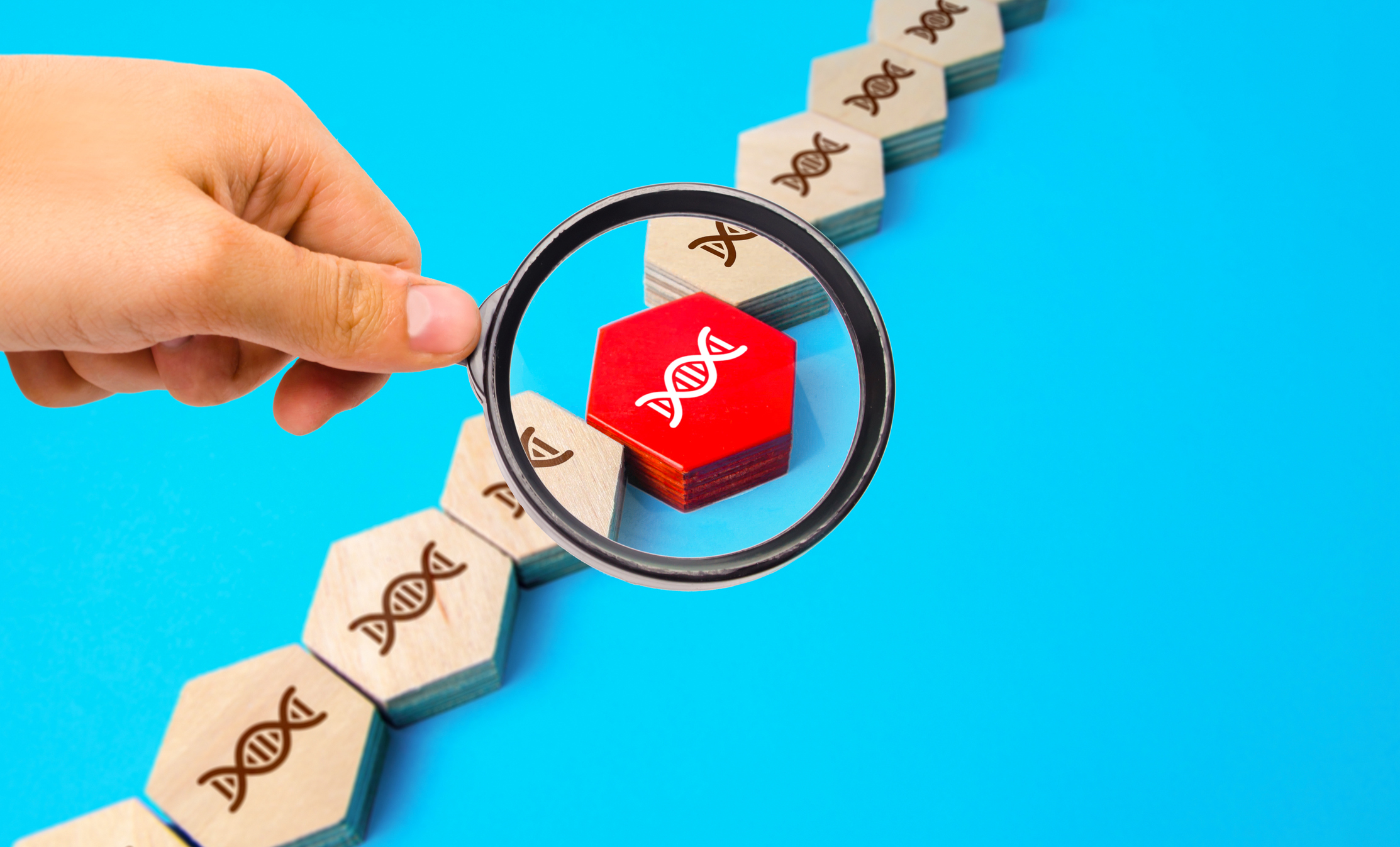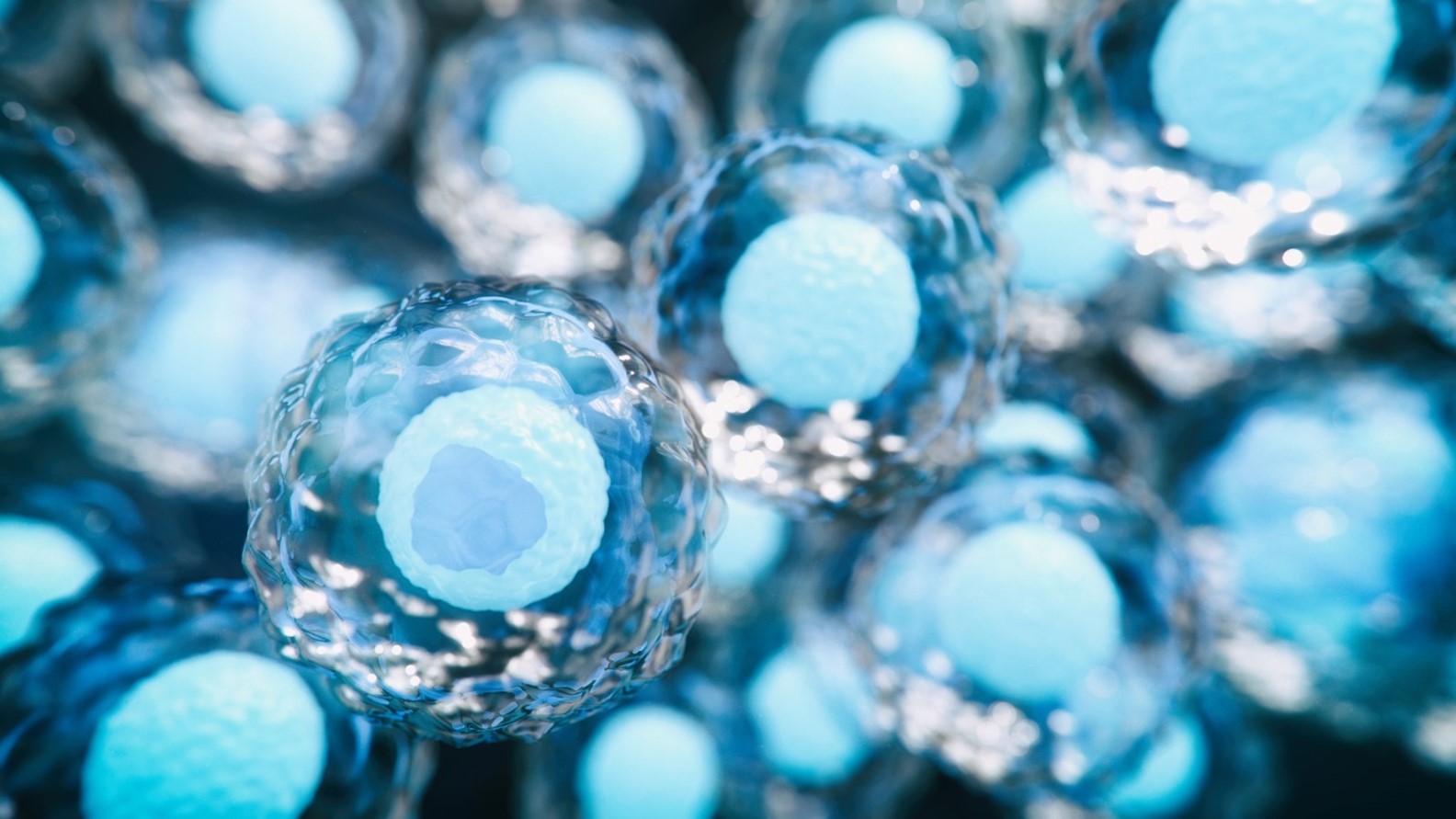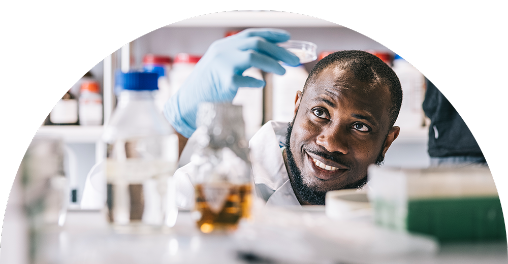Blog
Autism Awareness Month is Winding Down in 2022. Our Commitment to Advance Understanding of the Genetic Causes of Autism and Improve Testing Will Never End!
CELEBRATING ACCEPTANCE AND PROGRESS DURING AUTISM AWARENESS MONTH
As April comes to an end, we celebrate Autism Awareness Month. At Bionano, we’ve felt inspired by the people and companies that have united to raise awareness about people with autism spectrum disorder (ASD) towards creating a world where all people with autism can reach their full potential. Here at Bionano, we’re working every day to support that mission, through genetic testing and research for neurodevelopmental disorders.
CHARACTERISTICS AND EARLY DIAGNOSIS OF AUTISM
ASD is a neurodevelopmental disorder characterized by differences in behavior, communication, interpersonal interaction, and learning. People with ASD can have a wide range of signs and symptoms, with the most common being differences in social communication and interactions, and restricted or repetitive behaviors or interests. Children can sometimes have other related changes in their health and development, such as delays in language or motor skills, hyperactivity, epilepsy, and gastrointestinal issues.
In 2021, the Centers for Disease Control and Prevention reported that approximately 1 in 44 children are diagnosed with ASD. ASD occurs in all racial, ethnic, and socioeconomic groups, but is four times more common in boys than in girls. Methods for screening and diagnosing ASD have improved over the last decade with many children being diagnosed before the age of 3 years. This earlier diagnosis in concurrence with earlier developmental therapies have been shown to have better long term developmental outcomes.
UNDERSTANDING GENETIC CAUSES OF AUTISM
Families that receive a diagnosis of ASD in a child naturally ask why: what caused this change in my child’s development? The truth is, there isn’t one cause of ASD, and there’s no single test that can provide all the answers. The development of ASD is thought to be influenced by genetic susceptibility and environmental factors. However, genetics are certainly part of the puzzle. While studies vary, the diagnostic yield of current genetic testing for ASD is typically around 10-15% but can be as high as 50% depending on other symptoms the child may have.
Genetic testing for children with ASD is recommended by professional medical societies, including the American Academy of Pediatrics, the American Academy of Neurology, and the American College of Medical Genetics and Genomics. Testing can help pinpoint the root cause of autism, provide families with information about the chance of recurrence, and alert caregivers and doctors to risks for other health problems. This information can help create personalized care plans for children with ASD that improve their quality of life.
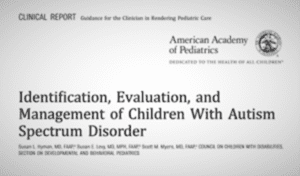
Lineagen, the clinical testing laboratory of Bionano Genomics, specializes in testing for pediatric neurodevelopmental disorders. Since 2010, we’ve performed over 75,000 genetic tests for people with ASD, unexplained intellectual disability, and/or global developmental delay (DD).
These genetic tests for children include:
- Chromosomal microarray (CMA), which checks for genetic changes called copy number variants that are common in children with neurodevelopmental disorders
- Fragile X syndrome testing (FXS), which looks for a specific genetic change that causes a common inherited form of cognitive impairment
- Whole exome sequencing (WES), which is a more comprehensive analyses of genetic change across all known genes
In this short video, licensed and board-certified genetic counselor Rena Vanzo shares the benefits of genetic testing for children diagnosed with ASD.
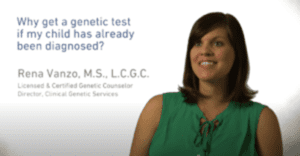
FIND ANSWERS FOR ASD: A COMMITMENT TO GENOMIC RESEARCH
While we know that genetic testing can provide clinical guidance for many families, some are still left without a diagnosis. Bionano is committed to helping, and research into other yet-to-be-identified genetic causes of neurodevelopmental disorders is how we can deliver more answers. We have active research programs within Bionano Genomics, and we also empower research through a suite of research use only (RUO) solutions: optical genome mapping (OGM) systems and genome analysis software.
Our Lineagen team recently published two important research studies related to genetic testing in neurodevelopmental disorders. First, in a poster presentation at the American College of Medical Genetics and Genomics Annual Clinical Meeting, our genetic counseling team summarized outcomes of a deep commercial experience testing for fragile X syndrome. They found that one-third of patients with a confirmed diagnosis of fragile X presented with neurodevelopmental disorders (including ASD) without any of the physical features described with the syndrome or a family history. This finding reinforces the use of fragile X testing as a first-tier test in the evaluation of children with ASD.
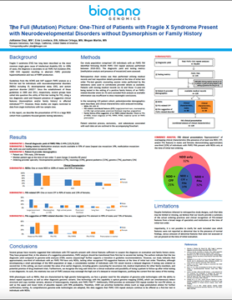
We are also actively working on defining additional genes that can contribute to neurodevelopmental disorders. Our laboratory team recently published a scientific report on NeuroSCORE, which is a sophisticated genome-wide model that helps identify genes that can contribute to diseases of the central nervous system, including ASD, epilepsy, and birth defects of the brain. The goal of this work is to identify new genes that impact brain development, improving research into candidate disease genes, diagnostics and, eventually, therapies.
As we elevate autism awareness, we reaffirm our commitment to elevating the health and wellness of all people, including those with autism and other neurodevelopmental disorders. We’ll continue our work to transform the way the world sees the genome, so that we can help reveal more answers that matter for families impacted by ASD.
If you would like to learn more about Lineagen and testing for children with autism spectrum disorder, contact us through lineagen.com or give us a call at 801.931.6200.
